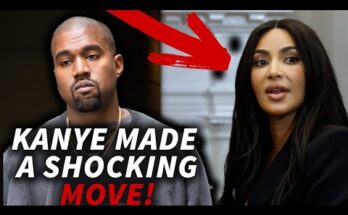A number of musicians, including Rufus Wainwright, Pete Seeger and Arlo Guthrie, have performed at Occupy Wall Street, and many others, like Katy Perry and Kanye West, have stopped by to show solidarity. But Zack de la Rocha, best known as the frontman for the band Rage Against the Machine, went a different route to express his support for protestors: he decided to write a poem for the movement.
De la Rocha’s poem is both a condemnation and a call to action. It first paints a bleak picture of the state of the country: our factories are “barren,” our schools “boarded,” and our fields are “rotting.” And, in what I read as a scathing portrayal of the so-called 1 percent, “gold dipped vultures pick at what is left.”
De la Rocha also paints a picture of a growing insurrection. Protests spread through the city’s bloodstream, with participants “moving like the shadows/Through the alley ways.” And a buried but still smoldering fury threatens to burn down the “walls of a dying order.” In one of the poem’s best lines, he notes that, together, “All sparks are counted.”
Fire is often used as a symbol of revolution in poetry. On the surface, it conveys violence, but it also carries a sense of cleansing and rebirth. Hence, de la Rocha’s flame, while unmistakably violent, is also a “bonfire of hope” that will “restore tomorrows meanings.”
De la Rocha released the poem with a simple statement: “This poem is dedicated to the Occupy movement whose courage is changing the world. Stay Strong. We are winning.” Here it is in full:
The beginning spills through city veins
Into the arteries
And under powers poison clouds
We move like the shadows
Through the alley ways
Through nightmares bought and sold as dreams â¨
Through barren factories â¨
Through boarded schools â¨
Through rotting fields â¨
Through the burning doors of the past â¨
Through imaginations exploding â¨
To break the curfews in our minds
Our actions awaken dreams of actions multiplied â¨
A restless fury â¨
Once buried like burning embers â¨
Left alone to smolder â¨
But together stacked under the walls of a dying order â¨
All sparks are counted â¨
Calloused hands raised in silence â¨
Over the bonfire of hope unincorporated â¨
It’s flame restores tomorrows meaning â¨
Across the graveyards of hollow promises â¨
As gold dipped vultures pick at what is left of our denial
And the youngest among us â¨
Stare at us stoned like eyes determined â¨
And say â¨Death for us may come early
Cause dignity has no price â¨
At the corner of now and nowhere â¨
Anywhere â¨
Everywhere â¨
Tomorrow is calling â¨
Tomorrow is calling
Do not be afraid
The poem’s incantatory ending, “Tomorrow is calling/Tomorrow is calling/Do not be afraid,” is both a call for strength and for action. And it’s a little chilling that de la Rocha prefaces this call by noting how the “youngest among us,” standing “at the corner of now and nowhere,” appear ready to give up their lives for the cause, because “dignity has no price.” It’s a powerful bit of verse, but let’s hope those lines don’t prove prophetic.


